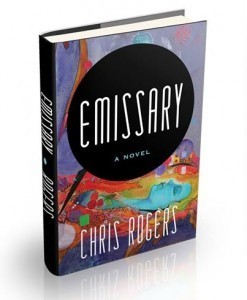Strong Characters Have Strong Emotions
Fictional characters we remember do not have wishy-washy attitudes. They care deeply. We may not agree with them, but that’s okay. In fact, when a character can make a reader fearful, sad, angry, frustrated, or laugh-out-loud happy, that’s a great character.
Villains are easier in this respect, because we don’t have to like them. Usually, we also don’t spend as much time with them on the page. In fact, there’s a saying, “Don’t trot your monster out too often.”
Students often ask, “How can I make my hero as interesting as my villain?”
The answer: Make them care.
Maybe they’ll face down the worst villain but they’re petrified of fire – or lightning storms – or snakes. And, of course, there’s a seminal event in the past that caused this fear.
Maybe they have such a love of animals that they become violent against anyone who mistreats one.
Or maybe they believe in ghosts, and have a deep caring for lost souls that can’t seem to find their way.
Or maybe children, or homeless people, or they only feel complete at peace when fly fishing or climbing a mountain.
And how do you reveal these emotions to the reader?
Create a situation in which the character can’t help but respond, then show the internal and external conflict that emerges.
Create a dialogue with someone who holds completely opposite feelings – and don’t let them swallow it. Give both characters a strong position and reveal both sides.
Create a situation in which the character is prevented from doing what s/he most wants to do, and illustrate the internal/external conflict that emerges.
Give your hero a sidekick, and remember: the best sidekick doesn’t always agree with the hero’s ideas. They might kill for each other, but like siblings, they disagree.
It’s with people we care about that our emotions most erupt.
Being something of a loner myself, I tend to fall into this trap frequently, and it happened when I wrote the first draft of Emissary. After losing his family, Officer Kirk Longshadow had closed himself off – which is realistic and necessary for my plot to play out, but he had no one to “play against.” To keep from “telling” how he felt, to instead “show” important aspects of his personality, I had put various characters in his path, if only for a few scenes each.
The most memorable books have strong characters who act out their emotional storms – negative or positive – even when those storms make a reader uncomfortable. Those are the characters that become real enough to climb right out of the book and sit with us. Pre-Order Emissary now at charthousepress.com/books/emissary





